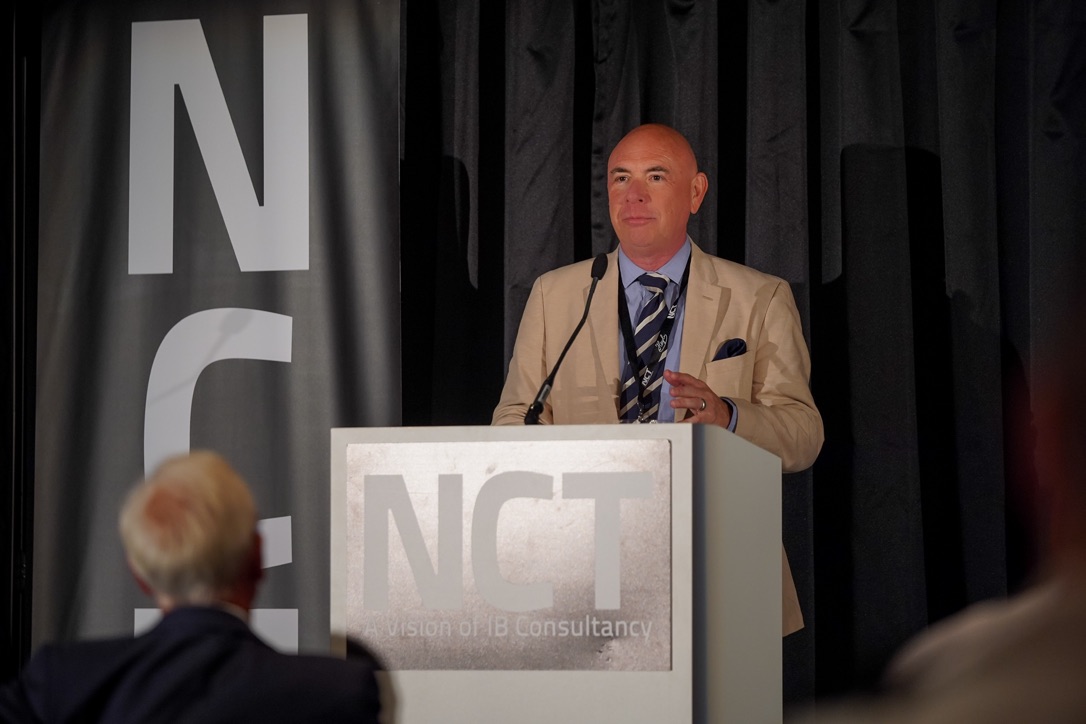
06 Jul News from NCT-Europe
A Paradigm Shift –
Public-Private Cooperation (PPC) the way to go
Requirements written in isolation or disconnected from technological reality seldom will provide new capabilities.
Innovation cycles become shorter and shorter, things we just experienced as new are obsolete faster than we thought. Industries in general and more and more start-ups provide new ideas and solutions with breathtaking pace.
How can the Defense and Security world and public authorities get benefit from this acceleration in innovation?
Traditionally Capability Development followed a linear logic. Capability Analysis to determine the As-Is, match the available capabilities against threat and level of ambition to define the Capability Gap. Then write requirements to close the gap and submit SOW to industries to receive bids. A long and tedious process and too often overtaken by events.
This worked reasonably well for a while but is not sufficient anymore. What it does not take into account is the fact that innovation and technology insertion can potentially dramatically disrupts this well-practiced cycle. If one wants to take advantage of this development, it has to be accepted that a few changes are in order.
Those who invent or design new technology need to learn the skills to put their products into an operational context and show how the insertion of this new technology would change the way business is done. Those who are on the receiving end need to develop a culture of listening and actively seeking a dialogue with industries to stay focused and educated on technology trends and developments. I can hear the warning voices of a too-close relationship between public services (defense and security) and industries, the danger of being influenced rather than educated and helped. This is only a factor if we will not be able to fundamentally change the way we deal with each other.
Public-Private-Cooperation does not necessarily have to be a commercial based arrangement. This type of cooperation, to understand each other, to cultivate a fruitful and prosperous dialogue and communication culture, will benefit all participants.
At the end of the speech on innovation in CBRNe I gave at the NCT-Europe 2019 event in Vienna I was asked by the Chairman what I think is the reason why innovation in CBRNe, beyond the development of new detectors, is so slow.
My answer was that I strongly believe that both sides, public authorities, and industries need to get closer together and think together, to collaborate about possible applications of available technology to enhance capabilities. This will indeed shorten capability definition and procurement cycles. It as well would provide valuable input to industries to better structure and align R&D activities.
Having worked in a big technology company as an operational expert and not being an engineer, I could witness the struggle to fully understand what the customer really needs vs assumptions made by technical and sales staff.
We at Pelz Consulting pride ourselves to have closed such gaps in the past and provide this crucial interface between the involved parties. Operational Integration, addressing the operational consequences of technology insertion as well as what are the new effects one can achieve with new technology is second nature to what we do.
Want to know more? Contact us.

